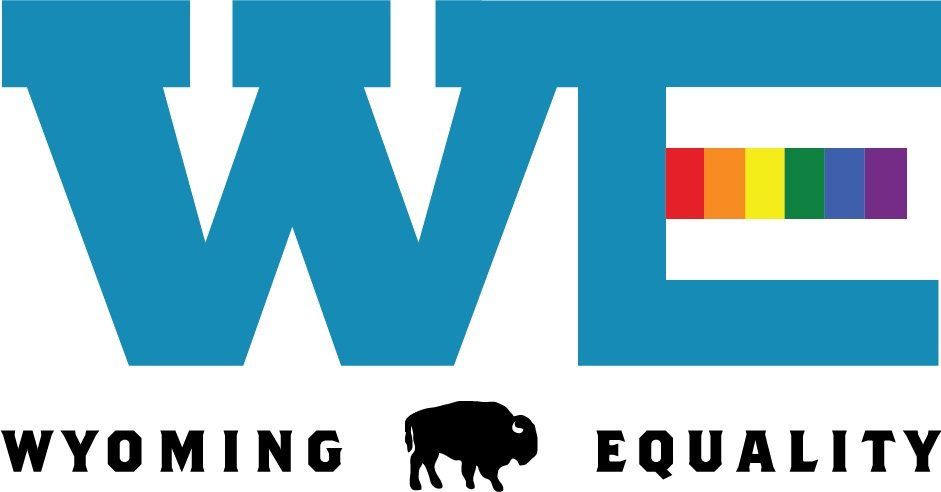Steps LGBTQ+ Workers Can Take If They Experience Discrimination in the Workplace
Even in 2023, many LGBGTQ+ individuals still face discrimination in the workplace. According to the latest studies more than 1 in 3 LGBTQ+ people have experienced discrimination in the workplace and for many of those people that discrimination has impacted their financial well-being. They were either fired or forced to leave a job because of the discrimination against them.
But LGBTQ+ people are protected in the workplace by Federal laws against discrimination at work. The Supreme Court expanded the protections of Title VII of the Civil Rights Act so that they include gender identity and orientation as well as race, religion, sex, and place of birth. That means your employer is breaking Federal law if they engage in or allow discrimination, including harassment, of LGBTQ+ people in the workplace.
If you’re a victim of workplace discrimination because you are LGBTQ+ you can file a complaint against your employer with the EEOC, the Equal Employment Opportunity Commission. The EEOC investigates workplace rights violations in all states, so it doesn’t matter what state you live in. And in 44 states the EEOC will share their findings with the state authorities so that the state can decide if they want to investigate your employer too.
Examples Of Workplace Discrimination
There are many ways that LGBTQ+ people are discriminated against at work but some of the most common ones are:
Not Paying LGBTQ+ Employees Equally
You can’t be paid less than other employees who are doing the same job just because you are LGBTQ+. And you also must be given raises that are given to everyone like COLA raises each year. If your employer offers overtime, you must have the same opportunities as other employees to work overtime at overtime rates.
Targeted Bullying or Harassment
Bullying and harassment are unfortunately the most common types of discrimination that LGBTQ+ workers face. But you don’t have to put up with it. Your employer and coworkers are not allowed to use offensive or derogatory language about LGBTQ+ people, promote offensive stereotypes, ask invasive questions, or in any way create a hostile work environment where you don’t feel safe. They also can’t leave you out of work events, trainings, meetings, or other work related events that impact your ability to do your job. If you are experiencing bullying, make sure to gather evidence at the time each incident occurs. Take photos, screenshots, videos, and save documents that are discriminatory.
Cutting Hours And Scheduling
Hourly workers often find that their hours get cut or shifts are rearranged after they come out at work. If this happens to you save your schedules, pay stubs, and any communication you have with your supervisor about scheduling.
What To Do Next
Anytime you experience discrimination at work try to grab the evidence of that incident at the time it happens. Gather up emails, documents, screenshots, and a list of the incidents of discrimination you’ve experienced along with the names of people involved. Take those to your employer and demand that the discrimination stop. If your employer didn’t know you were being discriminated against they should immediately take steps to stop it. If they don’t, or if they knew and let it happen, you should go to the EEOC’s website, or your local state labor agency where you can open a complaint against that employer by writing a right to sue letter.
Remedies For Harassment And Discrimination
LGBTQ+ victims of discrimination at work may be eligible for lump sums of money for pain and suffering as well as money for lost wages, salary increases, or other money they should have gotten as part of their job.
Sources:
